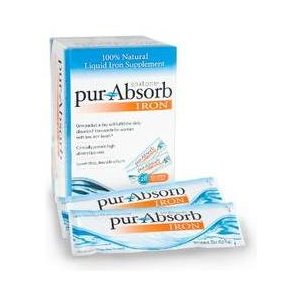Ever feel tired and weak?
The most common symptom of iron deficiency is fatigue. Others include:
- impaired memory
- decreased mental function
- Difficulty maintaining body temperature
- Decreased immune function
Would it surprise you if I told you that Iron Deficiency is the most Common Nutrient Deficiency in the U.S.?
What is Iron?
Iron is a mineral that helps oxygen travel from our lungs to the rest of the body. Muscles especially rely on this oxygen during workouts and so do the enzymes that break down the foods we eat during digestion.
Causes
Some people simply need more iron than others. These groups include:
- Those undergoing rapid growth: Infants, toddlers, and even bodybuiders
- Pregnant women
- Those who have lost blood due to injury or surgery and those who voluntarily donate blood
- Women on their menstrual cycle
- Those with intestinal conditions
Some people just don’t take in enough iron or have difficulty absorbing the iron they do take in. Here are some tips for improving your iron intake:
- Eat more meat and poultry. Iron intake is absorbed 3 times more efficiently than intake from plants, cereals, beans, and spinach
- Foods rich in vitamin C enhance iron absorption when eaten during the same meal
- Substances such as calcium, tea, coffee, whole grains, legumes and milk or dairy products can decrease iron absorption when eaten during the same meal
Treatment
A blood test through your general practitioner can determine whether you are iron deficient and prescribe iron supplements or an increase in iron-rich foods. Maintaining a healthy diet can help you to avoid developing an iron deficiency. Such foods include:
- vegetables
- whole grains
- fat free or nonfat milk and milk products
- lean meats
- fish
- dry beans
- eggs
- nuts
- low intake of saturated fat, trans fats, cholesterol, salt, and added sugars
- Combine foods high in Vitamin C with iron-rich foods to boost absorption

